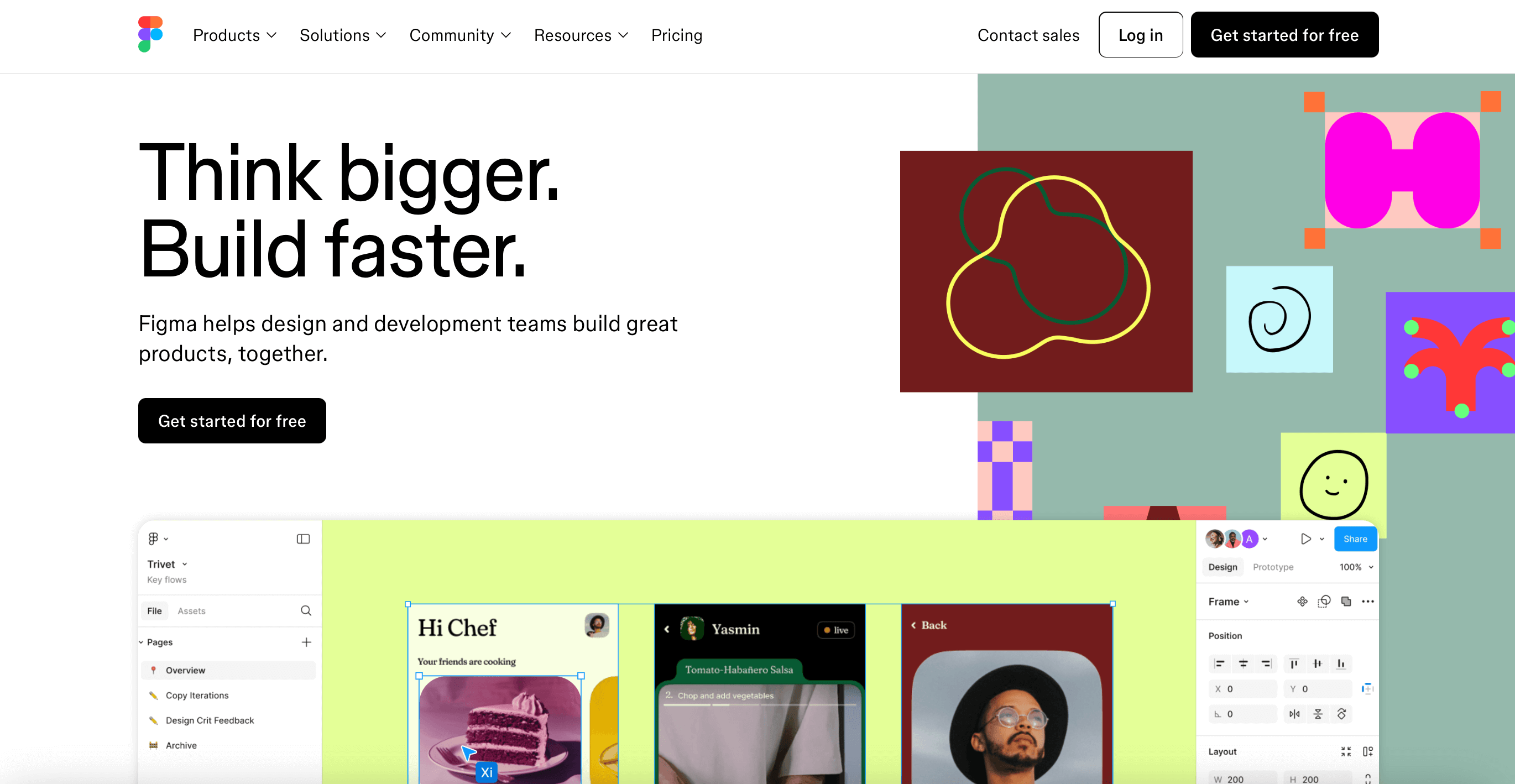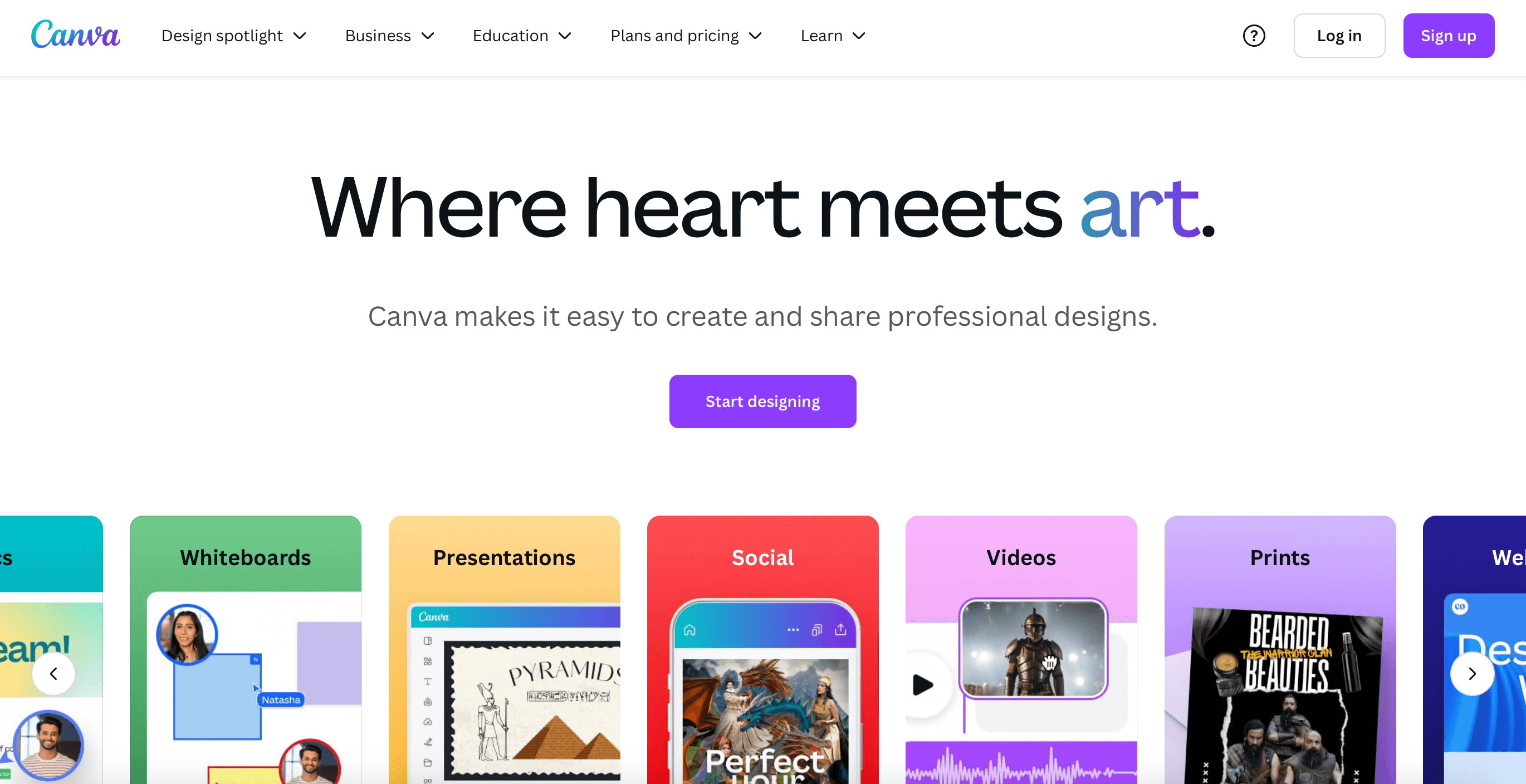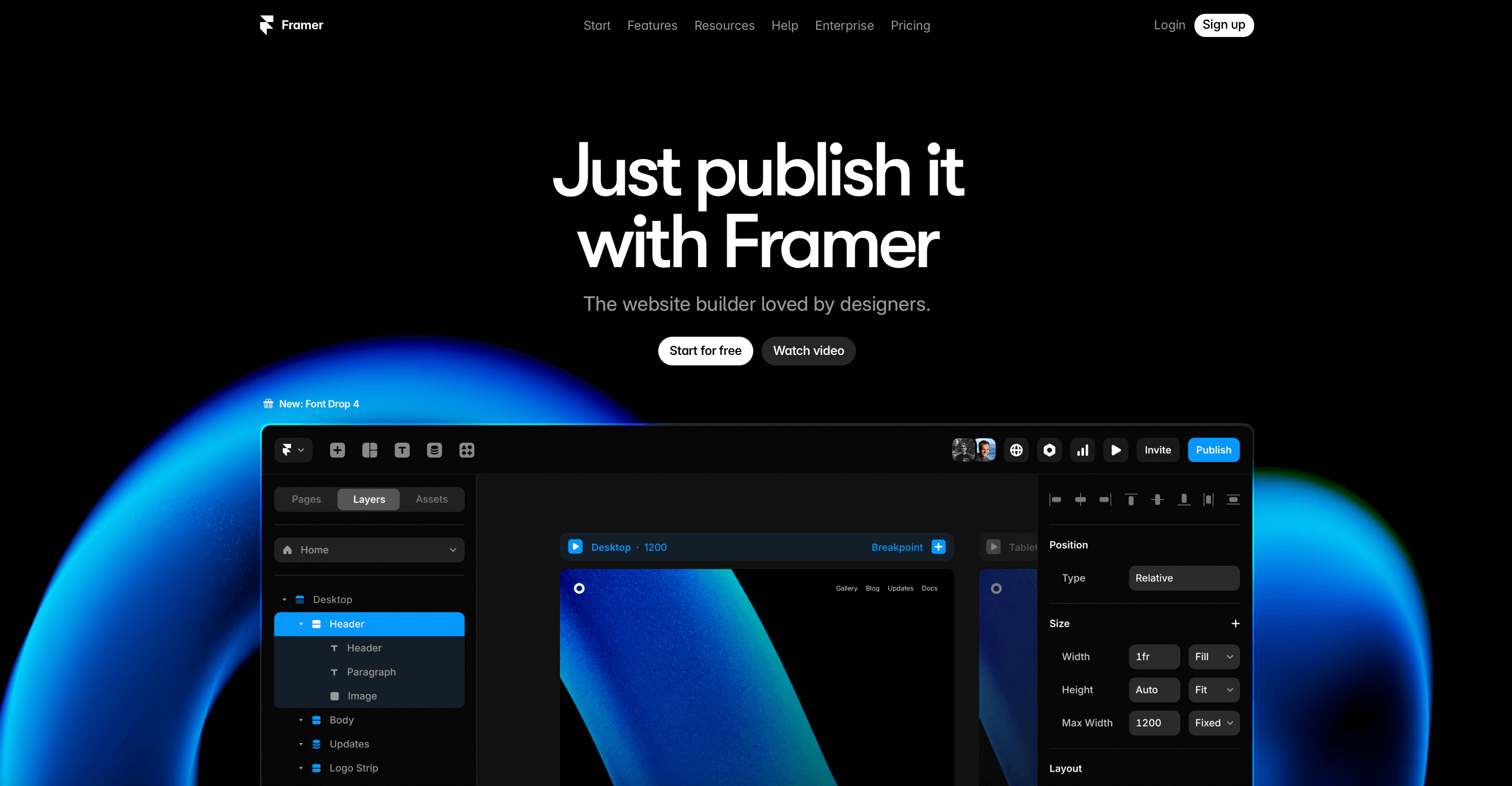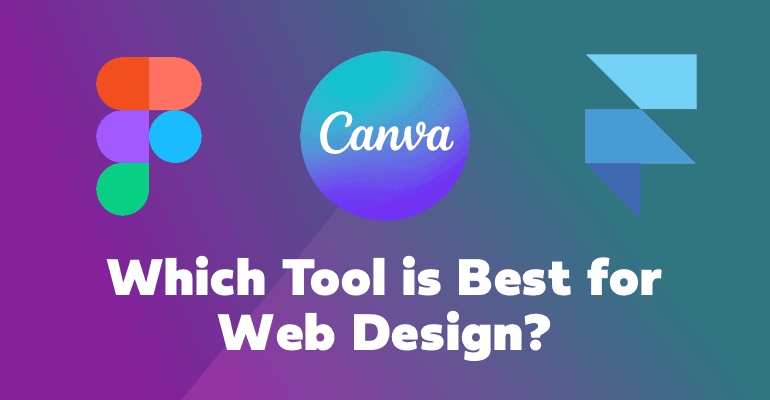Choosing the right design tool is essential for creating high-quality web designs efficiently. With so many options available, it can be challenging to determine which one best suits your needs. Three of the most popular design tools in 2025 are Figma, Canva, and Framer. While they share some similarities, each caters to different types of designers and use cases.
In this detailed comparison, we’ll analyze Figma, Canva, and Framer based on their features, pricing, pros, cons, and best use cases to help you make an informed decision. Whether you’re a UI/UX designer, a marketer, or a business owner, this guide will provide insights into which tool aligns best with your workflow.
Understanding Figma, Canva, and Framer
Figma: The UI/UX Design Powerhouse

Figma is a cloud-based UI/UX design tool that has gained immense popularity among web designers and product teams. Known for its real-time collaboration, prototyping capabilities, and seamless integration with design systems, Figma allows designers to work together effortlessly. Since it’s browser-based, there is no need for software installation, making it accessible from anywhere.
Figma is widely used by professional web designers, product teams, and developers who require precision in design, prototyping, and handoff to developers.
Canva: The User-Friendly Graphic Design Tool

Canva is an easy-to-use graphic design tool geared towards marketers, business owners, and non-designers. With its drag-and-drop interface, pre-designed templates, and vast media library, Canva enables users to create social media graphics, presentations, marketing materials, and even simple website mockups quickly.
Unlike Figma, Canva is not primarily designed for UI/UX or product design. Instead, it excels in content creation for social media, print, and marketing.
Framer: The Interactive Website Builder

Framer is an advanced web design and prototyping tool that bridges the gap between design and development. Unlike Figma, which focuses on static UI design, Framer allows designers to create interactive, animated, and even fully functional websites without coding.
Framer is especially useful for startups, designers, and agencies looking to build and test interactive web experiences without relying on developers.
| Tool | Best For | Primary Use |
|---|---|---|
| Figma | UI/UX Designers, Teams | Collaborative UI/UX design and prototyping |
| Canva | Marketers, Content Creators | Graphic design, social media content, and presentations |
| Framer | Web Designers, No-Code Developers | Interactive website design and prototyping |
Figma vs Canva vs Framer: Feature Comparison
| Feature | Figma | Canva | Framer |
|---|---|---|---|
| Vector-based design | Yes | No | Yes |
| Real-time collaboration | Yes | Yes | Limited |
| Prototyping & animations | Yes | Basic | Advanced |
| Drag-and-drop editor | No | Yes | Yes |
| Developer handoff tools | Yes | No | Yes |
| SEO optimization | No | No | Yes |
| Built-in CMS | No | No | Yes |
| No-code website builder | No | Yes (basic) | Yes (advanced) |
Figma vs Canva vs Framer: Pricing Comparison
| Tool | Free Plan | Paid Plan (Starting Price) |
|---|---|---|
| Figma | Yes | $12/month (Professional) |
| Canva | Yes | $12.99/month (Pro) |
| Framer | Yes | $15/month (Pro) |
Figma vs Canva vs Framer: Pros and Cons
| Tool | Pros | Cons |
|---|---|---|
| Figma | Real-time collaboration, cloud-based access, extensive plugin library | Steeper learning curve, limited offline functionality |
| Canva | Easy-to-use interface, large template library, affordable pricing | Limited customization, lacks advanced design features |
| Framer | No-code interactive website builder, advanced animations, SEO tools | Higher learning curve, not ideal for early design phases |
Figma vs Canva vs Framer: Best Use Cases
| Tool | Best Use Case |
|---|---|
| Figma | UI/UX design, prototyping, developer handoff |
| Canva | Social media graphics, marketing materials, presentations |
| Framer | Designing and publishing interactive websites |
Conclusion: Which Tool is Best?
The answer depends on your needs. Figma is the best for UI/UX design and team collaboration, Canva excels in graphic design for content creation, and Framer is ideal for building modern, interactive websites.
At XHTMLTEAM, we specialize in converting Figma designs into fully functional WordPress websites, ensuring a seamless transition from design to development. Whether you’re using Figma, Canva, or Framer, our expert team can help you turn your ideas into high-quality, responsive websites. Contact us today for professional web development services!

